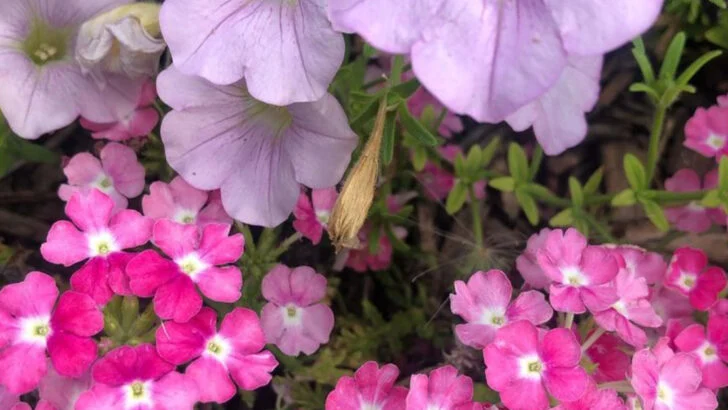Wasps can be both helpful and bothersome in the garden—natural pest controllers, but also unwelcome picnic guests. If you’ve ever wondered why they seem drawn to some parts of your yard and not others, your plant choices may be the reason. Certain blooms act like a magnet for wasps, while others send them flying in the opposite direction.
In this guide, we break down 9 beautiful plants that attract wasps—perfect for keeping harmful bugs in check or supporting pollinators at a safe distance. Then, we reveal 7 plants known to repel wasps naturally, ideal for seating areas, patios, or spots where you want to relax without the buzz.
Whether you want to invite wasps for pest control or discourage them for peace of mind, this list will help you design smarter, scent-savvy garden zones that align with your needs—all without chemicals or traps.
Lavender
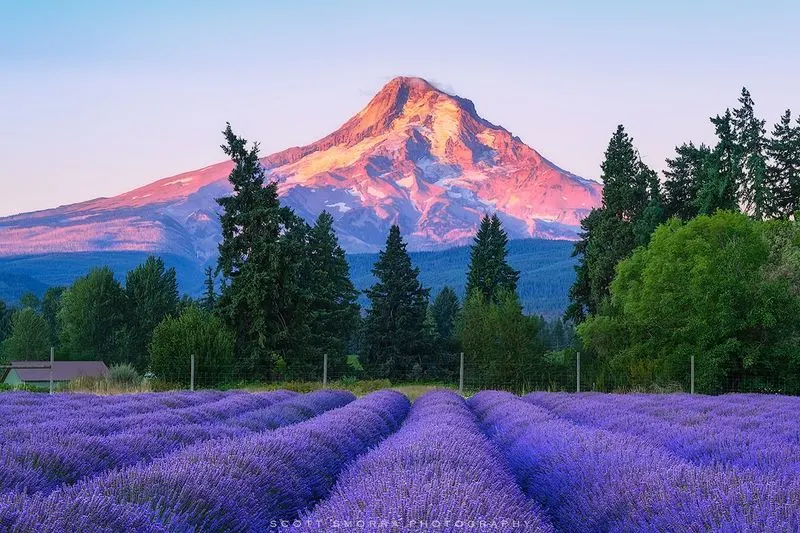
Known for its calming scent and vibrant purple blooms, lavender is a favorite in many gardens. Its aroma is not only soothing to humans but also attracts wasps searching for nectar. Planting lavender along garden borders can add aesthetic appeal while beckoning these buzzing visitors. Despite their attraction to wasps, lavender’s benefits are numerous, including deterring other pests like mosquitoes. Whether used in essential oils or as dried flowers, its versatility makes it a garden staple.
Marigold
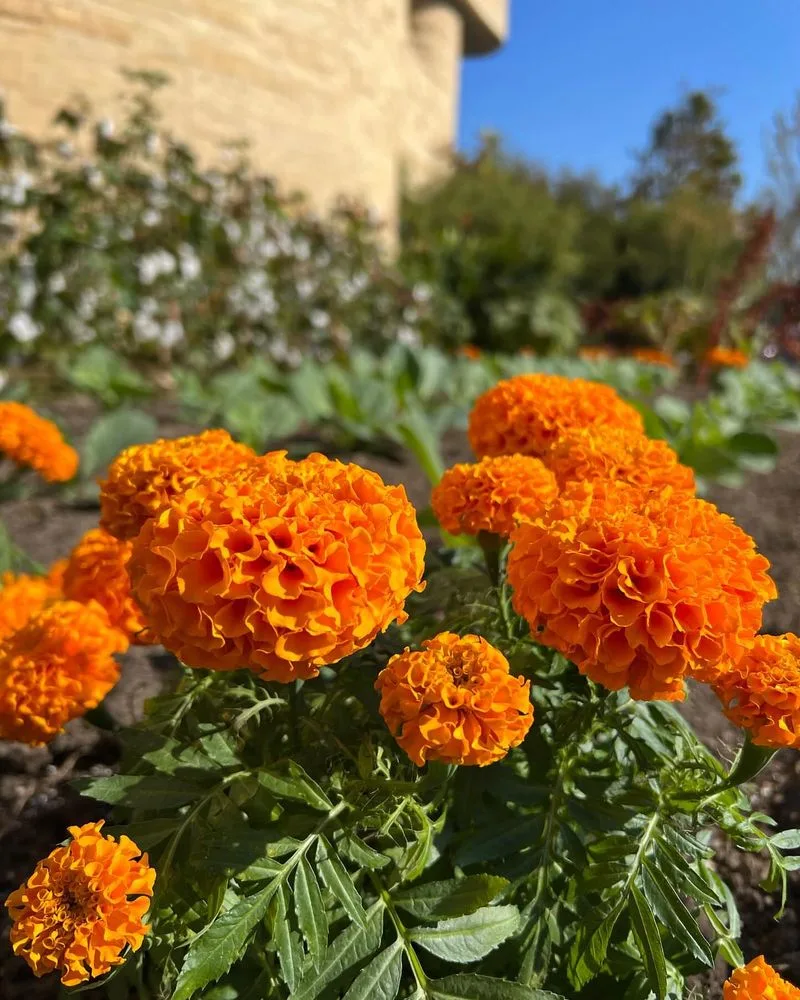
With bright, cheerful colors, marigolds are more than just a visual delight. Although known for repelling some insects, they surprisingly attract wasps with their nectar-rich blooms. Often found in vegetable gardens, these flowers can play dual roles by adding color and acting as a natural pest control. Their ability to thrive in various conditions makes them an excellent choice for gardeners looking to manage wasp presence.
Mint
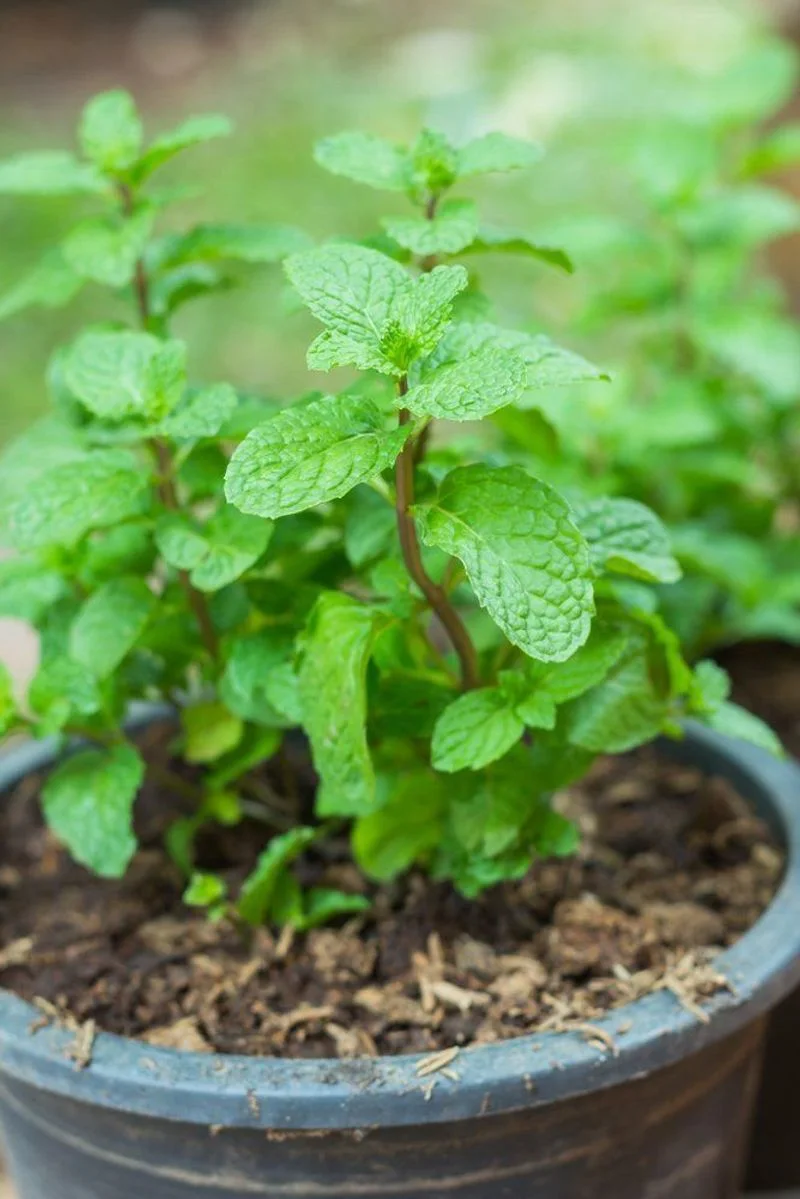
Mint, a common herb in kitchens, also finds its place in gardens attracting wasps. Its strong, refreshing scent is a magnet for these insects searching for nectar. Yet, mint’s robust growth and aromatic leaves deter other unwanted pests, making it a valuable addition to any garden. Its dual purpose as a culinary herb and a wasp attractant adds to its appeal, though gardeners need to manage its spreading nature.
Yarrow
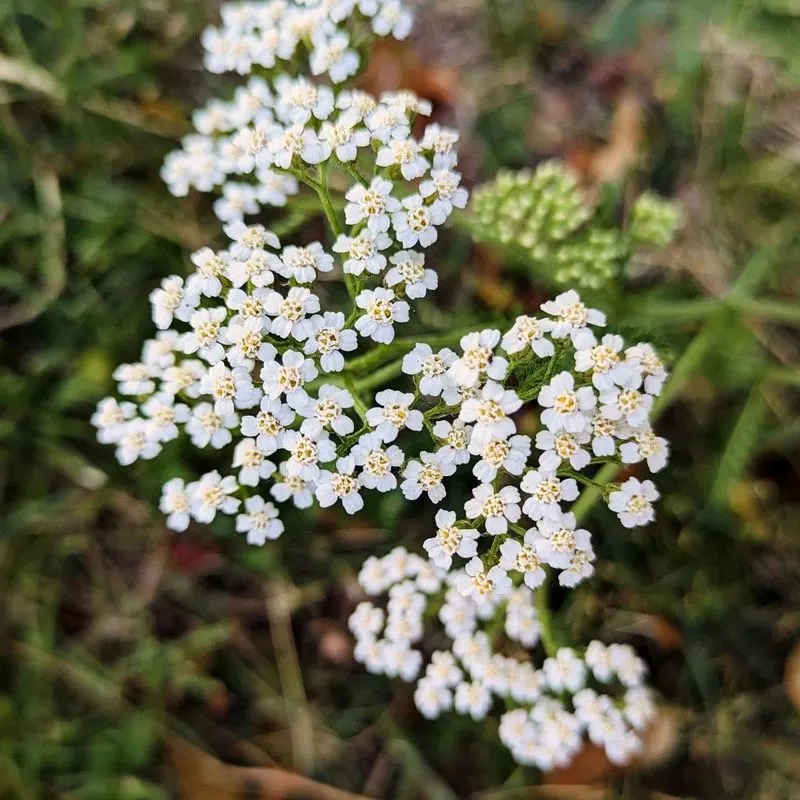
Yarrow, with its delicate, feathery foliage and clusters of tiny flowers, is a magnet for wasps. These insects feed on its nectar, making it a great choice for those looking to attract natural pollinators. Yarrow’s resilient nature allows it to thrive in different environments, and its drought-resistant quality makes it a gardener’s friend. Planting yarrow can enhance the garden’s biodiversity while adding a touch of wild beauty.
Goldenrod
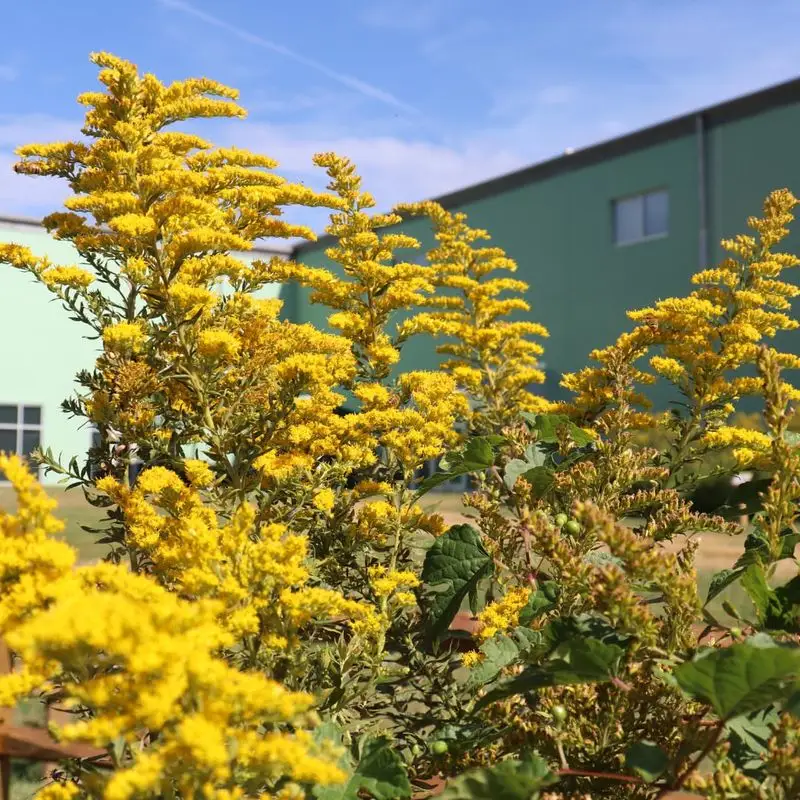
Goldenrod’s bright yellow flowers are like beacons for wasps, drawing them in with their ample pollen and nectar. Often associated with wild, untamed areas, goldenrod can add a rustic charm to cultivated gardens. While some may mistakenly blame it for allergies, the plant is beneficial for attracting pollinators, including wasps. Its presence supports a healthy garden ecosystem and offers a burst of color in late summer.
Fennel
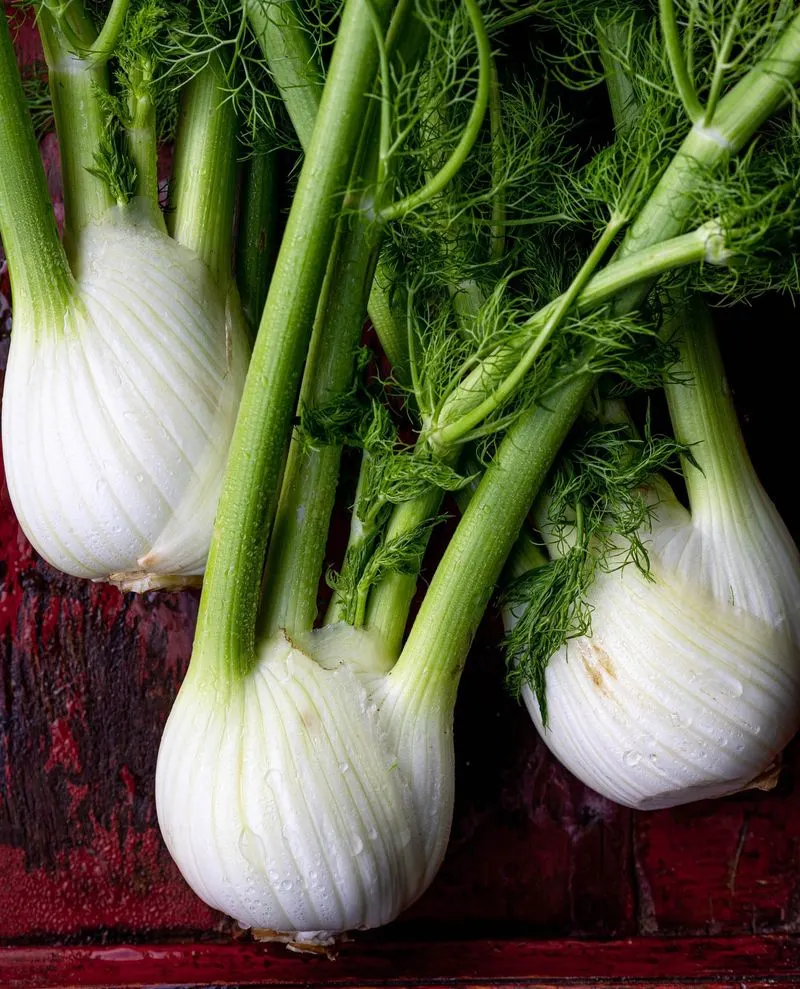
Fennel, known for its culinary uses, is also favored by wasps. The plant’s umbrella-like flower clusters provide an abundance of nectar, drawing these insects in. Fennel’s towering height and aromatic foliage make it a standout choice in herb gardens. Incorporating fennel can attract beneficial insects, enhancing pollination and contributing to a balanced garden ecosystem. Its ornamental qualities paired with its pragmatic benefits make fennel a versatile choice for gardeners.
Dill
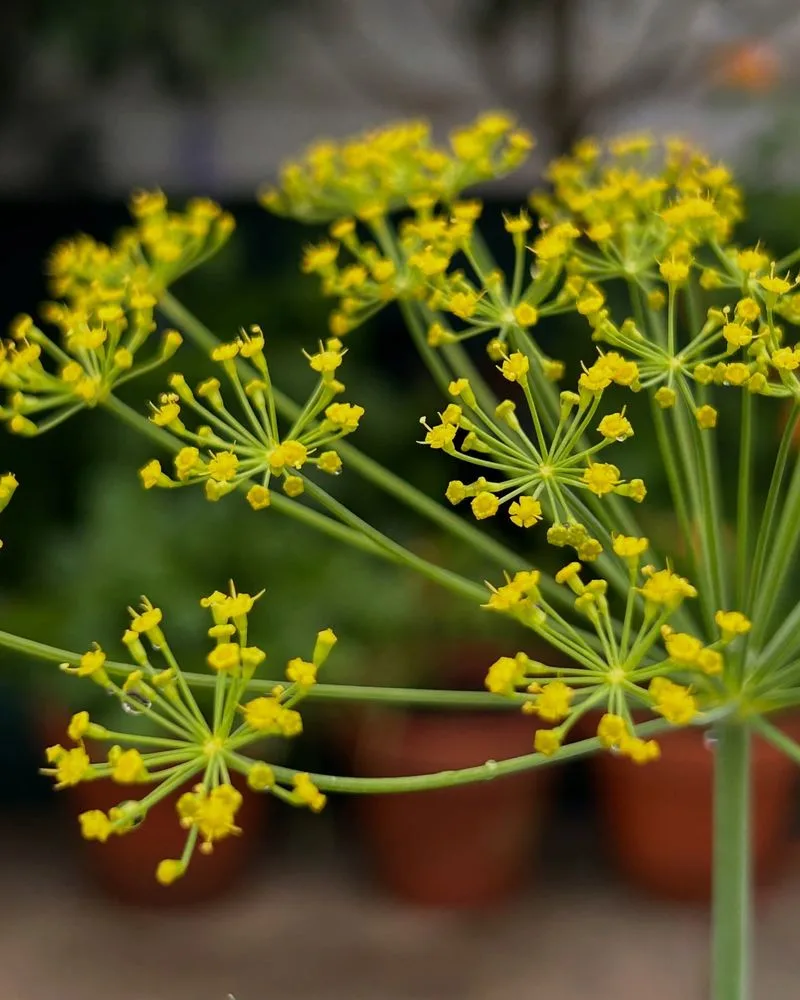
Dill is not just a culinary delight; it also serves as an attractant for wasps. Its yellow flower heads offer a generous supply of nectar, making it irresistible to these insects. Beyond attracting wasps, dill can enhance the flavor of many dishes, providing a dual benefit for gardeners. Its feathery leaves add texture to garden landscapes, while its robust nature ensures it thrives with minimal care.
Queen Anne’s Lace
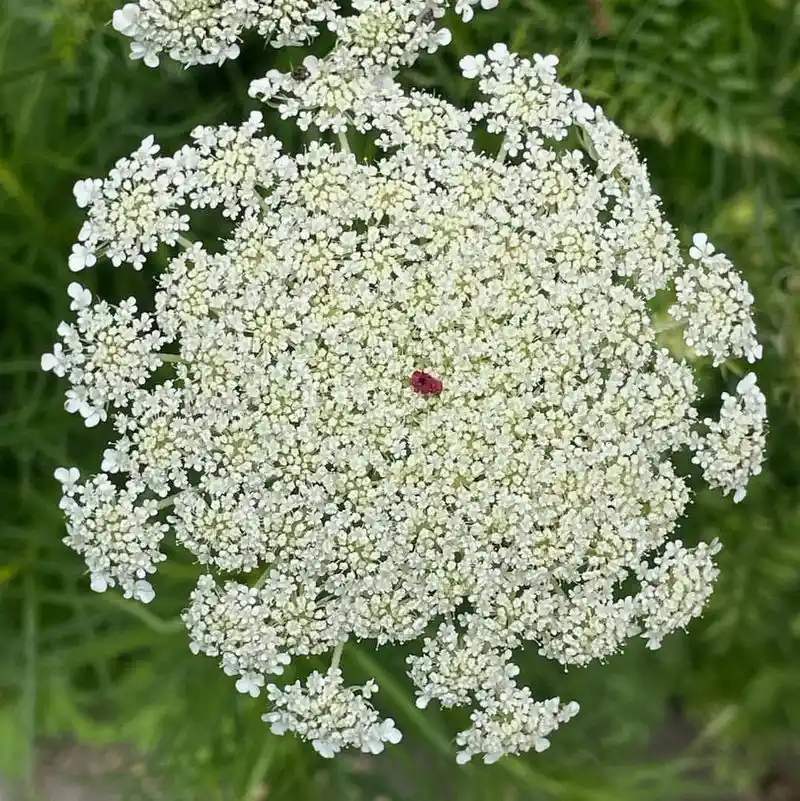
Queen Anne’s Lace, with its intricate white blooms, is a wasp’s delight. These flowers offer an abundant source of nectar, attracting not just wasps but other beneficial insects too. Often found in wildflower settings, this plant brings a touch of elegance to any garden. Its ability to attract a range of pollinators enhances garden health, and its delicate appearance belies its sturdy nature.
Petunia
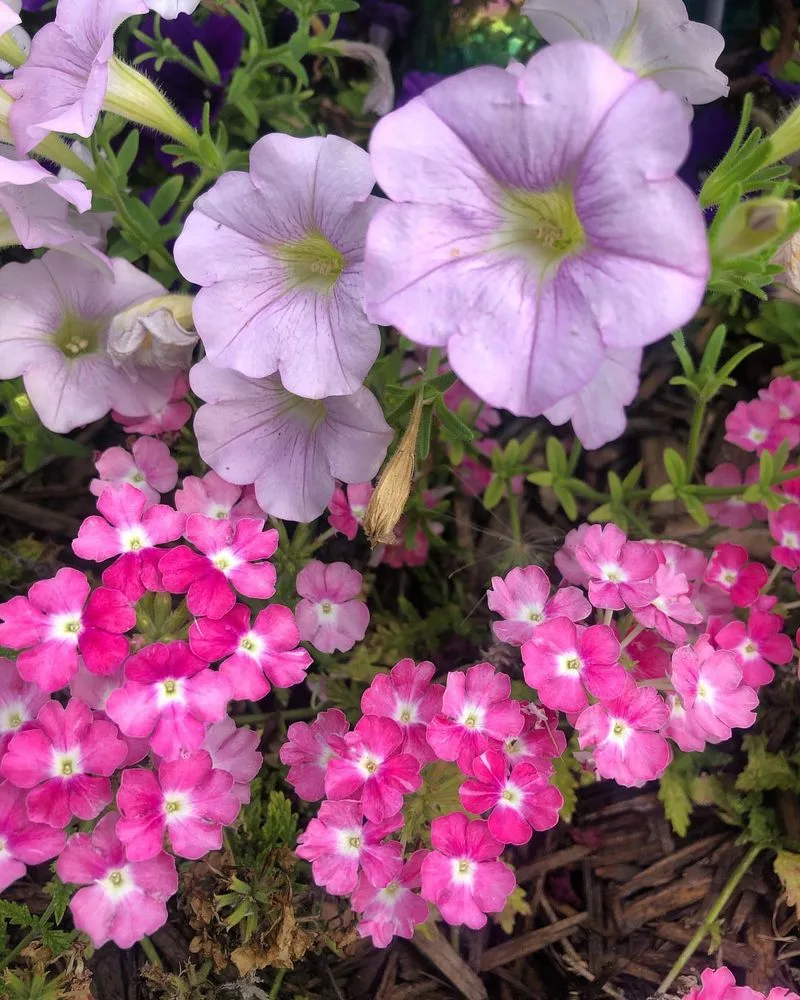
Petunias may surprise some as an attractant for wasps. Their bright, funnel-shaped flowers provide ample nectar, drawing in these buzzing visitors. Available in a wide array of colors, petunias can brighten up any garden space. Their presence not only attracts wasps but can also deter other pesky insects thanks to their natural properties. Easy to grow and maintain, petunias offer beauty and functionality.
Basil
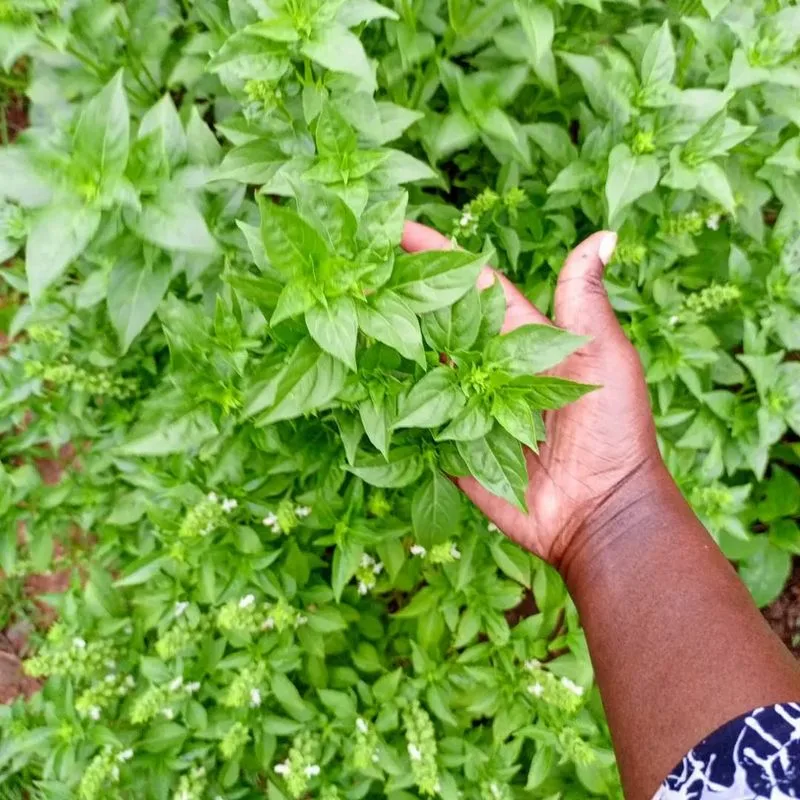
Beyond its culinary fame, basil plays a surprising role in repelling wasps. This aromatic herb deters these insects with its strong scent. Often grown in kitchen gardens, basil offers a dual purpose: flavoring dishes and keeping unwanted wasps at bay. Its ease of growth and maintenance makes basil a practical choice for gardeners. The herb’s versatility extends beyond cooking, providing a natural barrier against wasps.
Citronella
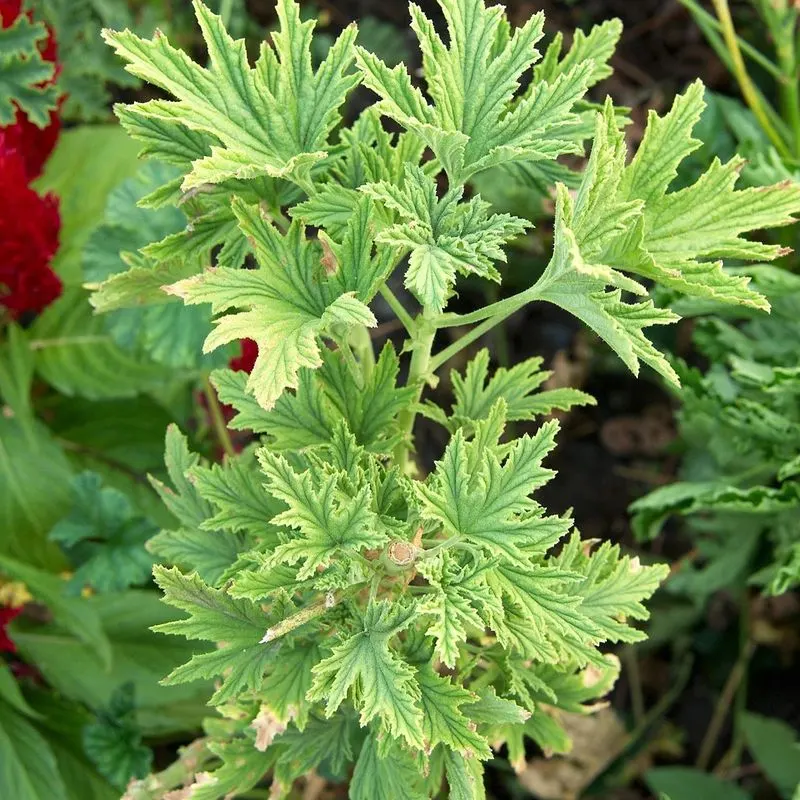
Citronella’s reputation is well-earned for its ability to repel pests, including wasps. The plant’s distinctive lemony scent creates a natural barrier that few insects wish to cross. Often used in candle and oil forms, citronella plants also thrive in gardens, offering a proactive approach to pest control. Planting citronella not only enhances the garden’s fragrance but also provides a practical solution to keeping wasps away.
Eucalyptus
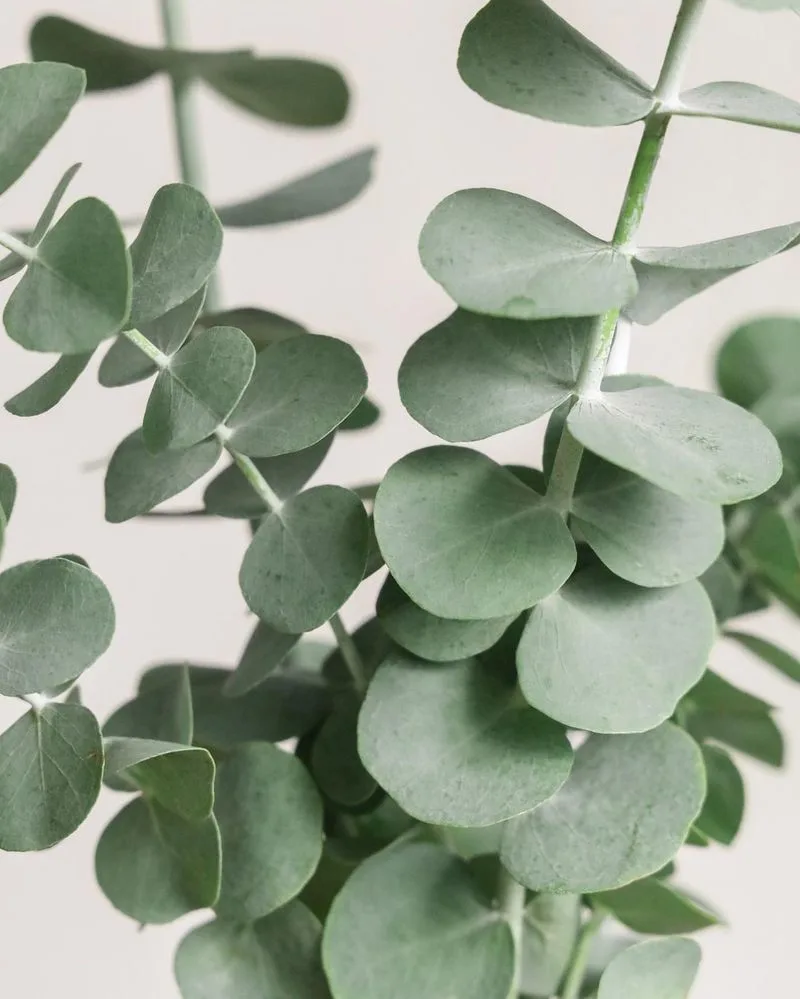
Eucalyptus is renowned for its potent aroma, which effectively deters wasps. These towering trees or shrubs add a touch of elegance to any landscape. The oil extracted from eucalyptus leaves is often used in pest control products, highlighting its effectiveness. Planting eucalyptus can serve as both a visual and functional component in gardens, offering shade and keeping wasps at a distance.
Peppermint
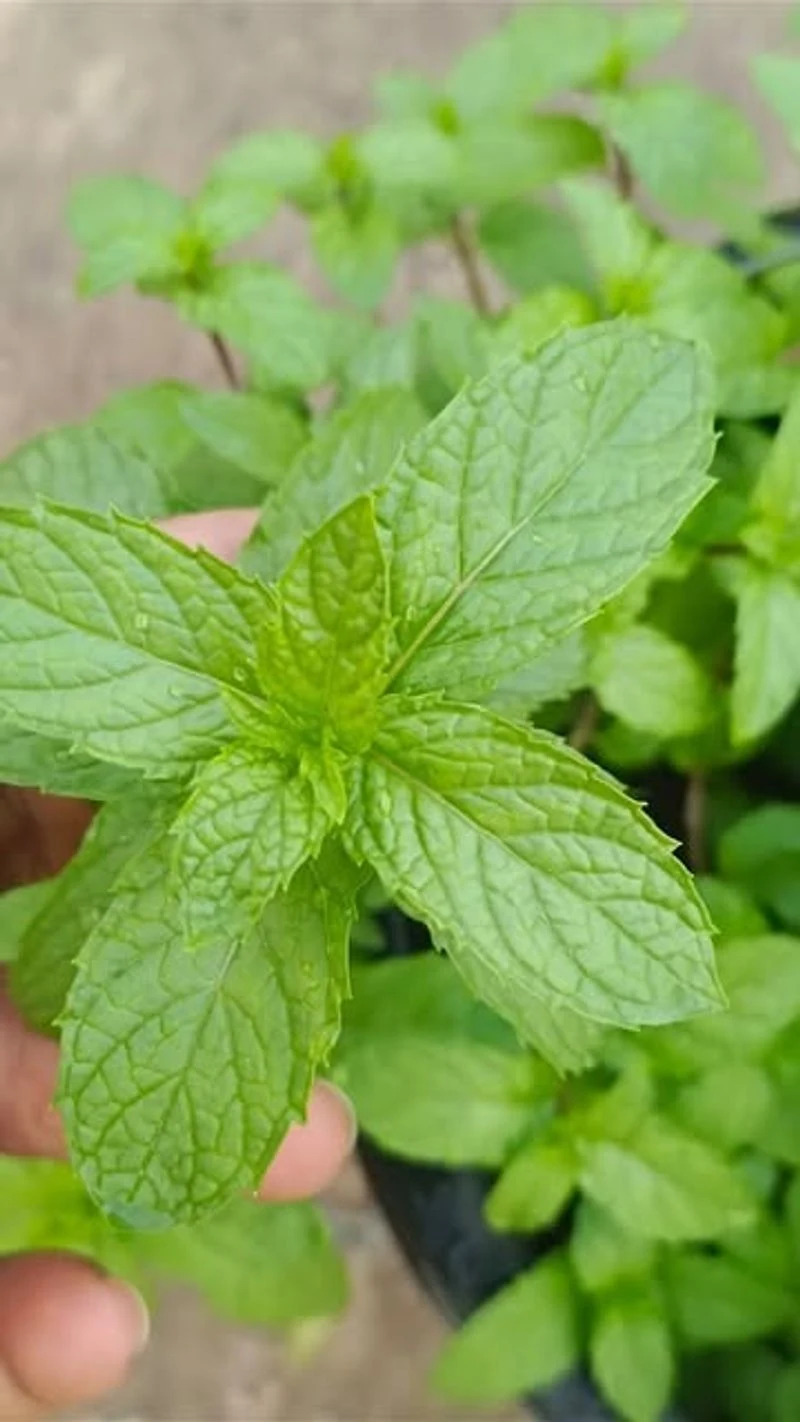
Peppermint’s refreshing scent is more than just a culinary delight; it acts as a natural wasp deterrent. This herb’s strong aroma confuses these insects, keeping them at bay. Easy to grow in pots or garden beds, peppermint offers a convenient solution to wasp problems. Its versatility extends to kitchen uses, making it a valuable addition to any home. With peppermint, gardens gain both freshness and functionality.
Geranium
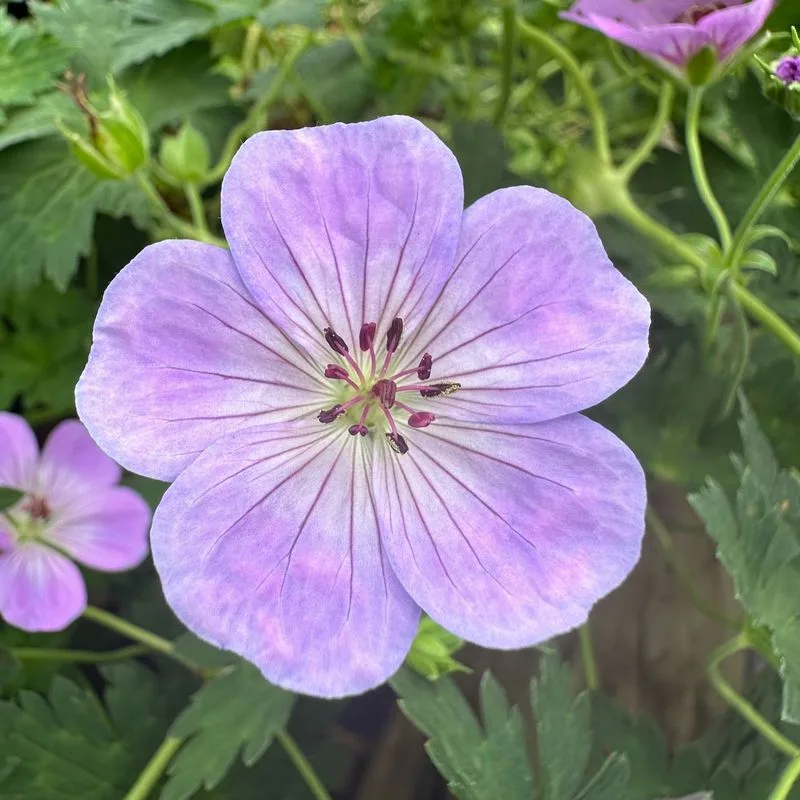
Geraniums, with their vibrant flowers, have a secret power – repelling wasps. Their unique scent is unappealing to these insects, creating a protective barrier in gardens. Known for their easy care and resilience, geraniums add both beauty and practicality to outdoor spaces. Available in various colors, they can complement any garden design. Incorporating geraniums ensures a wasp-free environment, allowing other plants to flourish undisturbed.
Lemon Balm
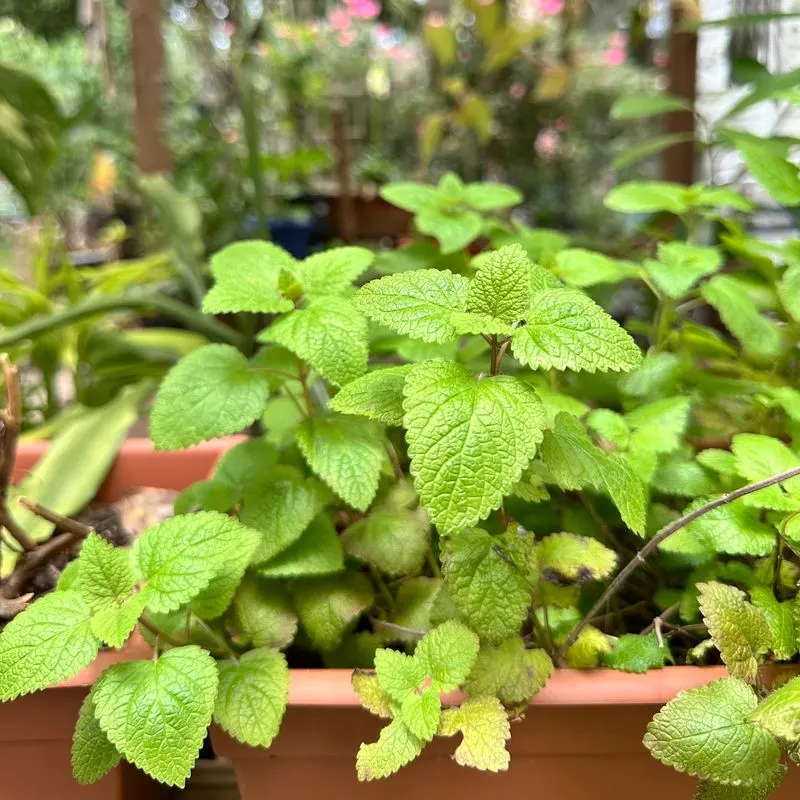
Lemon balm is a garden favorite for its refreshing citrus aroma, which effectively repels wasps. This hardy herb thrives in various conditions, offering both aesthetic and functional benefits. Its leaves are not only visually appealing but can also be used in teas and culinary dishes. By planting lemon balm, gardeners can enjoy a wasp-free environment while adding a touch of greenery and fragrance to their outdoor spaces.
Wormwood
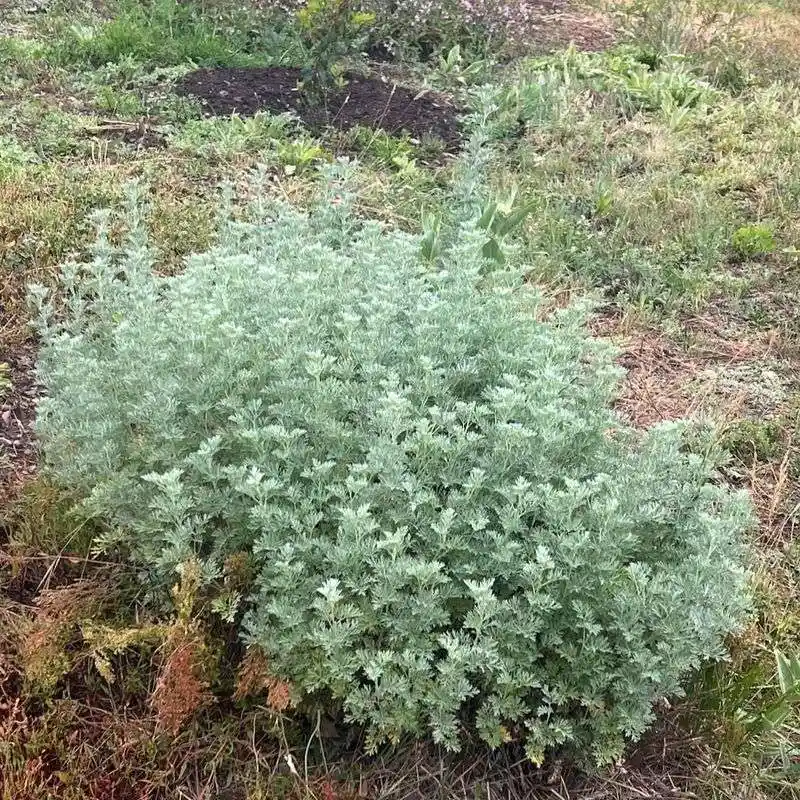
Wormwood’s bitter aroma is highly effective in keeping wasps at bay. This perennial herb is often used in companion planting to protect vulnerable plants. Its silvery leaves add a unique texture to gardens, providing both visual interest and a functional role. Wormwood’s presence can deter wasps naturally, reducing the need for chemical interventions. Planting wormwood creates a harmonious and protected garden environment.

